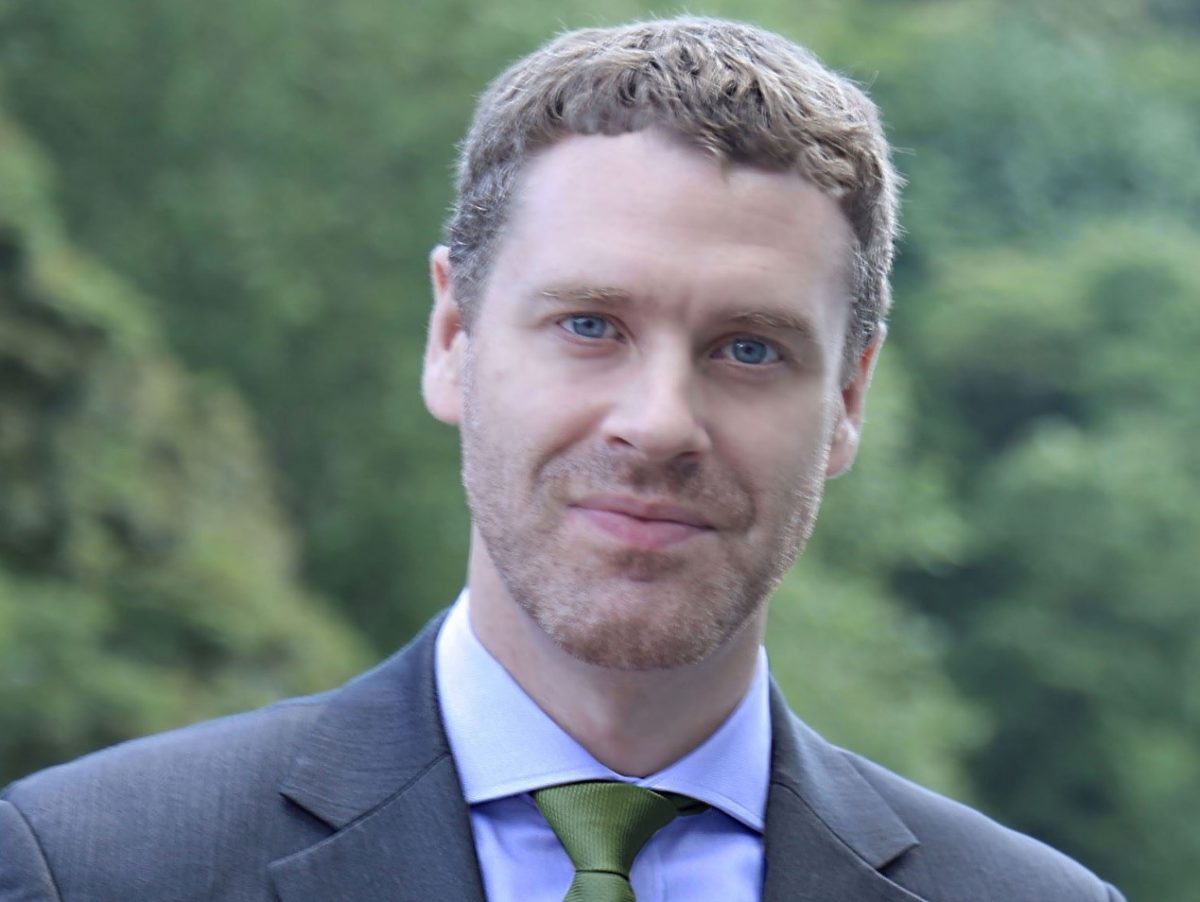Asia Clean Capital (ACC), a young foreign company, with investment from Goldman Sachs and Denmark national funding, is seeking to increase its business in this booming China distributed PV market. pv magazine was happy to have the chance to talk with Mr. Thomas Lapham, CEO of ACC at SNEC 2017 Shanghai, and present his views about the distributed PV market in China.
What is the market strategy of ACC in the distributed PV market in China?
Thomas Lapham: In China, ACC usually does distributed PV projects with foreign invested companies. Many famous companies such as Nestle, Coca Cola, Unilever, and Volkswagen, etc., are our customers. We intend to invest, design and construct the PV project, and then hold it for long-term returns, rather than the build-to-sell mode which is quite popular in China.
This strategy seems quite different from your competitors in China; why does ACC adopt this strategy?
ACC believes “the biggest may not be the best” and that’s why ACC chooses not big ground-mounted PV stations, but distributed PV. To ensure a stable business, and secure long-term cash flow and returns, ACC chooses its customers carefully. ACC’s customers so far are mainly foreign invested companies in China, such as heavily-invested auto manufacturers, food and beverage companies, and related machinery companies. These companies use high-cost electricity power and have a high consumption of power, and they usually will not move easily. This makes the business not only profitable but also stable in the long-term.
ACC also seeks opportunities to cooperate with local companies who share ACC’s views about high quality, long-term distributed PV. For example, ACC has already signed several contracts with Wahaha, the famous China beverage giant, for roof-top distributed PV projects.
Is this because ACC has the same western culture or style as your customers?
Yes. Unlike most local companies, for ACC, doing business with foreign invested companies is much easier. ACC has an internationalized sales team. Most of the team members have worked in multinational companies before and understand the working style and culture of western companies. We know how to approach our customers and initiate projects and how to push and negotiate with them. We can articulate the mutual interests and benefits for both of us, and we know how to maintain the relationship during the long period of operation and maintenance.
How do you see the competitors in distributed PV in China?
In China, the distributed PV started to boom in 2015. More and more companies turned to this area because of the difficulties those utility-scale PV plants faced. But most of the players in China intend to build and sell the distributed PV projects, not to hold and operate for long-term payback. That is the biggest difference between ACC and the others. And that’s why ACC pays much more attention to the quality of every part of a project. We always choose the best components we can find in the market for our projects, to ensure the quality so that the future output could be guaranteed.
What are the major difficulties for ACC in its business?
We generally have two problems. The first is the continual need to fund projects. ACC is developing heavy-asset projects, so we always need more funds. ACC was invested in by Goldman Sachs and we have also received funds from IFU, an independent Denmark government fund. In 2016, we signed several strategic cooperation agreements with China’s Ping An group, Kangfu Group, etc. However, raising capital will always be a topic in our business. The second problem is that we may have too many potential projects and we have to choose very carefully based on our standards and protocols.
how many projects ACC finished in 2016? And how will be in 2017?
In 2016, ACC finished 15 distributed PV projects, with total capacity of more than 80 MW, and in 2017, we plan to finish more than 200 MW projects.
This content is protected by copyright and may not be reused. If you want to cooperate with us and would like to reuse some of our content, please contact: editors@pv-magazine.com.



By submitting this form you agree to pv magazine using your data for the purposes of publishing your comment.
Your personal data will only be disclosed or otherwise transmitted to third parties for the purposes of spam filtering or if this is necessary for technical maintenance of the website. Any other transfer to third parties will not take place unless this is justified on the basis of applicable data protection regulations or if pv magazine is legally obliged to do so.
You may revoke this consent at any time with effect for the future, in which case your personal data will be deleted immediately. Otherwise, your data will be deleted if pv magazine has processed your request or the purpose of data storage is fulfilled.
Further information on data privacy can be found in our Data Protection Policy.